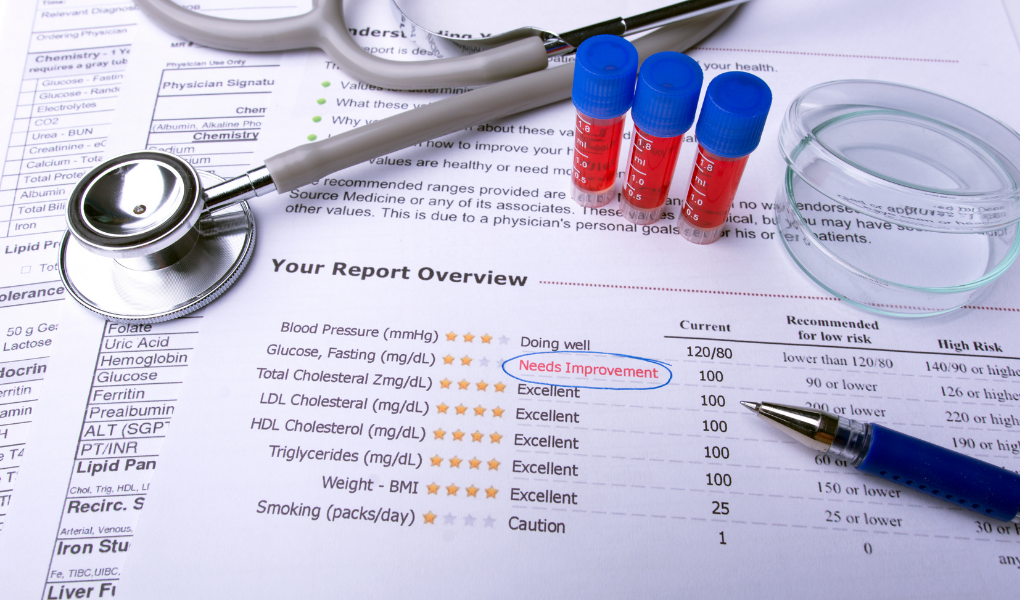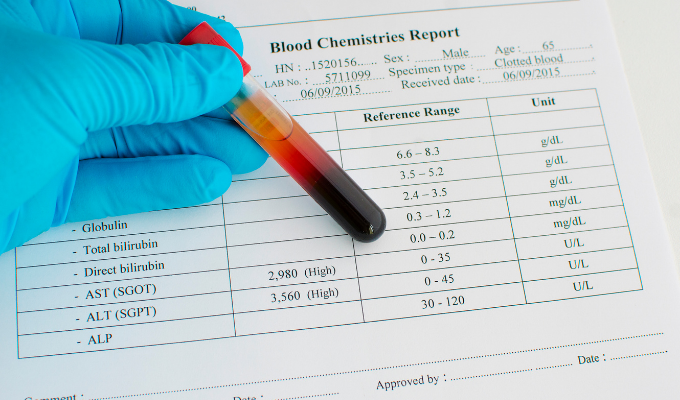What Liver Enzymes Are Included in an LFT Panel?
More Programs and Publications Featuring Dr. Kyle Riding
In this program:
Liver function tests (LFTs) include gauging levels of different liver enzymes. Watch as medical laboratory scientist Dr. Kyle Riding explains the types of liver enzymes examined in LFT panels and how the enzymes function in the body.
Transcript
Interviewer:
Now, let's drill down a little further to understand the language of these diagnostic tests, what are other liver enzymes that are included in the LFT panel?
Dr. Kyle Riding:
Absolutely. One of the common things physicians like to say is we're going to order some liver enzymes on you, and they're absolutely correct, they're going to order a lab test, usually the liver function test panel, LFT panel, and on there are some enzymes we commonly refer to as the liver enzymes, and there are three of them that are on this panel. And there's the A-S-T, the A-L-T, and the A-L-P. Now, if you get really fancy, AST stands for aspirate amino transferase, ALT stands for alanine amino transferase, and ALP stands for alkaline phosphatase. So those are some pretty fancy terms, let's talk about what they do, ALT and AST are very, very similar enzymes, they're basically involved in taking these little building blocks of proteins, we call amino acids and transferring some of the chemical groups, chemical parts of those amino acids, and moving them to another compound we call an alpha-keto as that's some technical talk right there. But what's the purpose? Why are they doing this? Why are these liver enzymes doing this? Well, they're doing it because your liver is very smart and your liver is able to take the carbon backbone of amino acids and convert them into other types of molecules that your body can use for energy use or energy storage. Your liver truly is a wonderful organ that's able to bounce around these little carbons and all these little chemical groups around it to be able to meet your biological needs and ALT and AST do that, and they're found heavily inside the cells of the liver that we call hepatocytes, liver cells if you were to use the Latin in that word, hepatocyte. So when we have liver damage, what will happen is those little liver cells, those little hepatocytes will rupture open, and basically it's almost like the gates of that cell just got unlocked.
And all of the contents come spilling out, including the ALT, AST, they have nowhere to go except your blood, so when when we have damage to those liver cells, what will happen is that ALT, AST will be released into your blood, and we will see an increase because of it. Now I haven't forgotten about alkaline phosphatase, alkaline phosphatase is an important enzyme found kind of along the border of where those liver cells meet your bile duct, and that junction where the liver cells meet the bile ducts is critically important because all of those waste products that your liver is detoxifying for you pass through that junction to get into your bile, so you eventually go to the restroom and excrete it out of your body. So alkaline phosphatase is found heavily along that bile duct junction, so when we see damage to the bile ducts, which we call post-hepatic jaundice, because it's happening after the liver, post-hepatic, we see that that alkaline phosphatase starts getting released from those junctions between the cells and the bile ducts, and they have nowhere else to go, except the blood. So I want to mention something that's very important though about all of these enzymes, ALT, AST, and alkaline phosphatase, we call them liver enzymes, because they are found in a high, high, high level within your liver cells, but they are found in other cells of the body as well. So if you just see one or two of those enzymes out only high, but you don't see any other of the results on the LFT panel being out of the reference range, it's definitely worth asking your physician about what the cause could be.
But typically, when we see that, it may not have anything to do with the liver itself, because those enzymes are found in other cells of the body, and those other cells may be where your illness is stemming from.
The information on Diverse Health Hub is provided for educational purposes only, and is in no way intended to diagnose, cure, or treat any medical or other condition. Always seek the expert advice of your healthcare team. To learn more about privacy, read our Privacy Policy.
Related Videos:


























